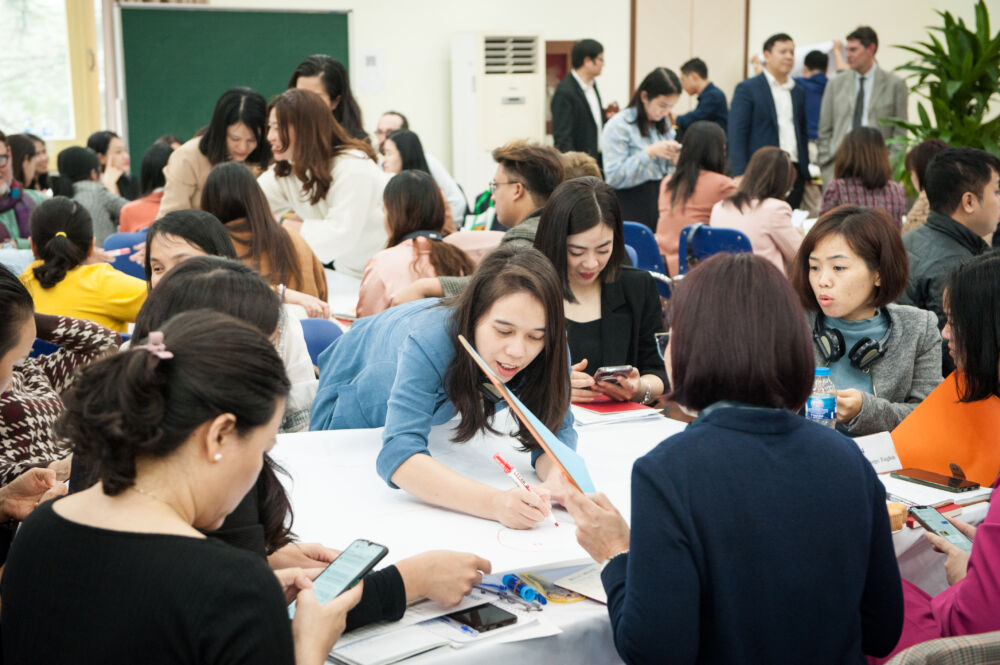Education is the key to building a peaceful society, but for millions of children worldwide, schools are unsafe places. According to a report from the United Nations Children’s Fund (UNICEF), half of all students aged 13 to 15 worldwide – an estimated 150 million – have experienced violence from their peers within and around school.
The Sustainable Development Goals (SDG) Index for Children and Women in Vietnam in 2020-2021 revealed that over 72% of children aged 10 to 14 have experienced violent discipline. This includes 39% who have experienced psychological violence, 47% who have experienced physical violence, 20% who have experienced sexual violence, and 29% who have been neglected. The survey also showed that half of Vietnamese students do not like school due to violence, including physical and verbal abuse from teachers and peers.
This data shines a light on the daily threats that many students in Vietnam face, including fighting and bullying – both in person and online, violent discipline, sexual harassment, and armed violence. In the short term, violence affects students’ learning, and in the long term, it can lead to depression and anxiety. Violence is a lesson that no child should have to learn.
To support schools and students in Vietnam with this issue, we held two training workshops for more than 300 teachers, educators, and researchers from the public and private sectors in February 2023. The events held in Hanoi and Ho Chi Minh City, Vietnam, were jointly organised by Cambridge Assessment International Education, British Council Vietnam, and the Vietnam Institute of Educational Sciences.

During the events, speakers discussed the importance of raising awareness of safeguarding in schools, highlighting the need for a collaborative effort between teachers, students, and parents to create a safe environment for children at school and at home. The discussion focused on the different areas of safeguarding, including child protection, mental health, and online safety, where safeguarding in the context of a digital world was highlighted given the increased use of technology by young people. Participants discussed the risks associated with social media and other online platforms, as well as the need for parents and teachers to educate themselves on the potential dangers and ways to mitigate them.
“Multidimensional perspectives on school safeguarding” was also discussed by speakers regarding the current situation and the role of education in school safety for Vietnamese students. The attendees considered the potential benefits and challenges of implementing safety education and solutions to enable schools to prioritise the safety of their students.
In the training session, Ms. Nguyen Phuong Anh, National Safeguarding Manager, of the British Council, emphasised the types and forms of violence and abuse, the signs to identify those who are being abused, as well as strategies for preventing, combating, and dealing with intrusive and abusive behaviour towards both adults and children. Participants also learned about reporting criteria, and how to respond to the various scenarios that could arise.
Looking to the future, we recognise the value of having an open dialogue on the topic in order to raise awareness about safeguarding and empower individuals to recognise and respond to potential safeguarding concerns. Ultimately, this will contribute to the creation of a safer and more supportive environment for all individuals, particularly children and young people.





